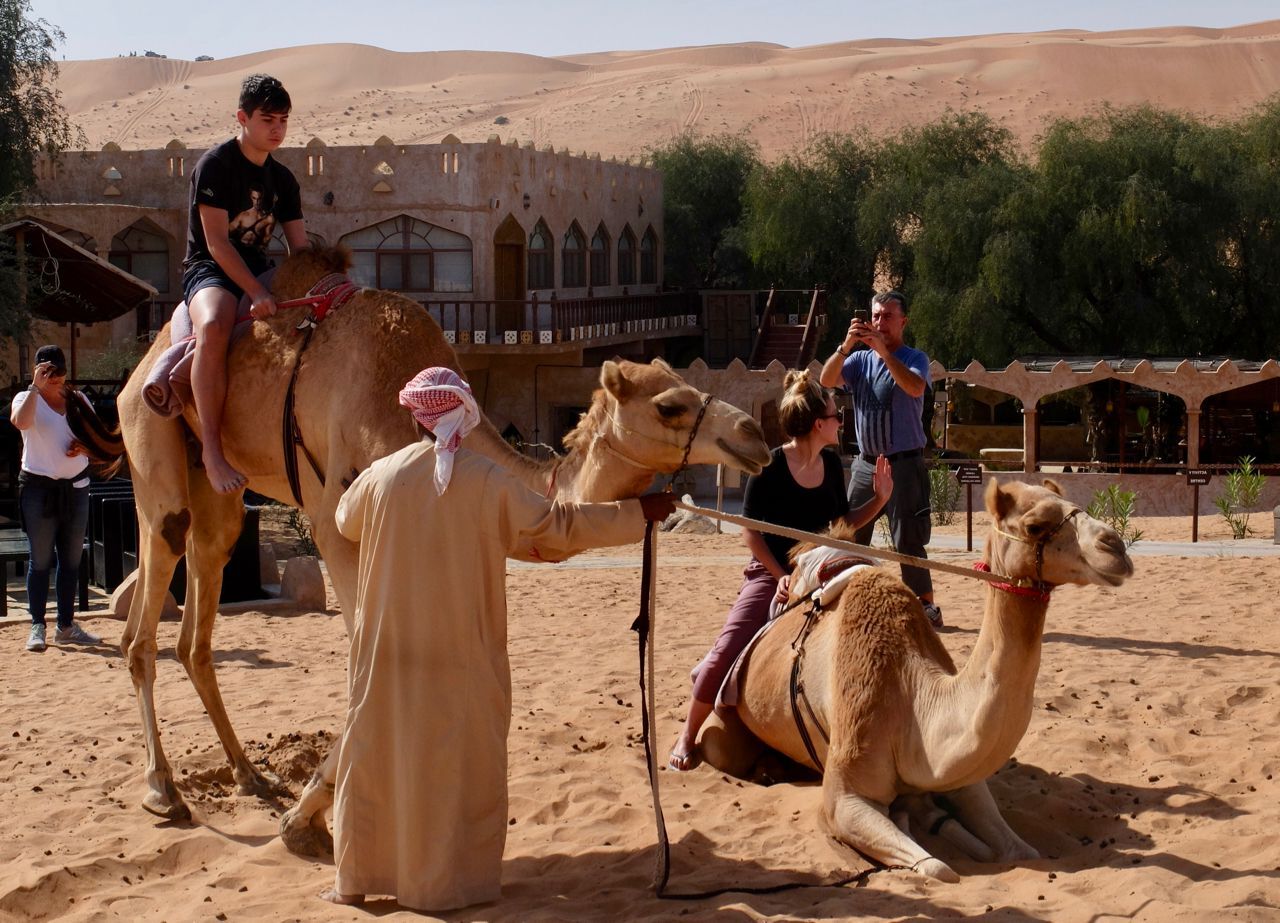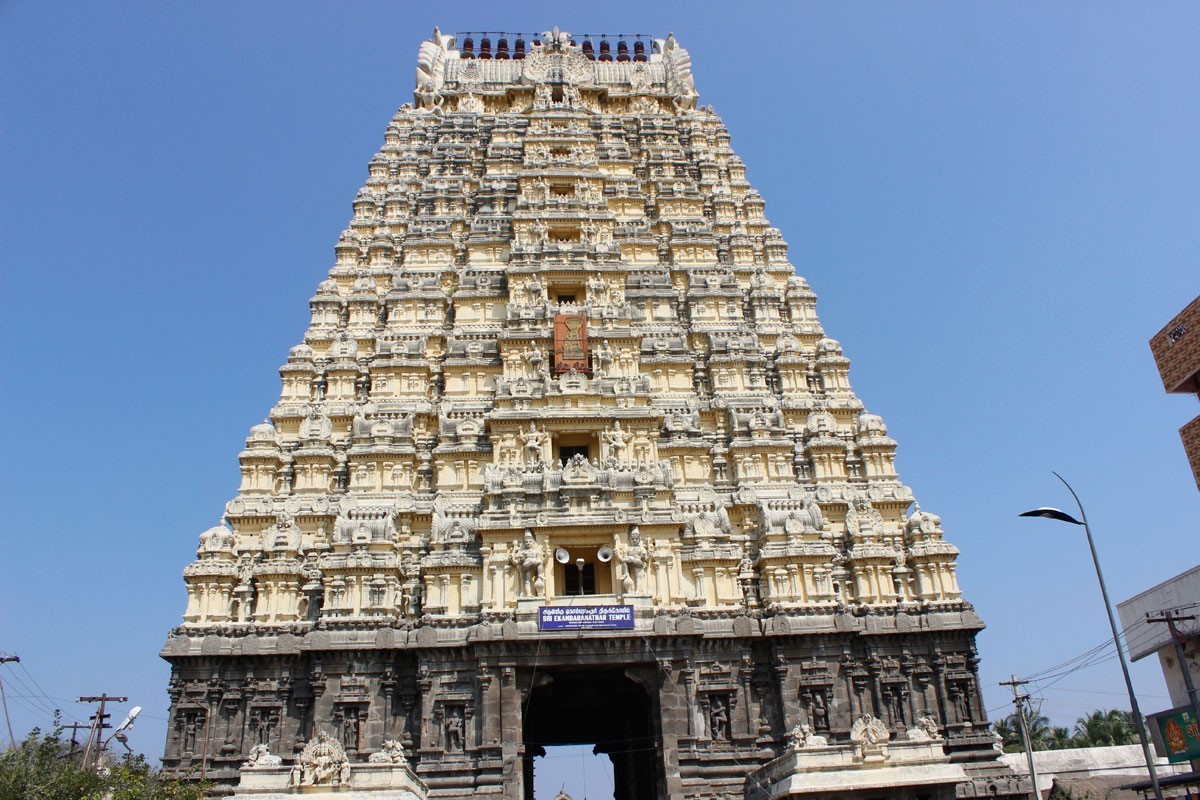
Who are the Bedouins? Bedouins are nomadic Arab tribes known for their rich cultural heritage and deep connection to the desert. Originating from the Arabian Peninsula, these resilient people have adapted to some of the harshest environments on Earth. Bedouin life revolves around herding camels and goats, moving with the seasons to find water and grazing land. Their traditions, including poetry, music, and storytelling, have been passed down through generations. Despite modern influences, many Bedouins maintain their traditional lifestyle, living in tents and practicing age-old customs. This article will delve into 20 fascinating facts about the Bedouins, shedding light on their unique way of life.
Who Are the Bedouins?
The Bedouins are a group of nomadic Arab people who have historically inhabited the desert regions in North Africa, the Arabian Peninsula, Iraq, and the Levant. Their lifestyle, culture, and traditions have fascinated many for centuries.
-
Nomadic Lifestyle: Bedouins traditionally live a nomadic lifestyle, moving from place to place in search of water and grazing land for their livestock.
-
Camel Herders: Camels are central to Bedouin life. They are used for transportation, milk, and even as a status symbol.
-
Tent Living: Bedouins live in tents made from goat hair, which are easy to dismantle and transport.
-
Oral Tradition: Much of Bedouin history and culture is passed down orally through poetry and storytelling.
Bedouin Culture and Traditions
Bedouin culture is rich with unique traditions and customs that have been preserved over generations. These traditions are often centered around their nomadic way of life.
-
Hospitality: Bedouins are known for their exceptional hospitality. Guests are treated with great respect and generosity.
-
Coffee Rituals: Serving coffee is a significant part of Bedouin hospitality. The process involves specific rituals and is a sign of respect.
-
Traditional Clothing: Bedouin clothing is designed to protect against the harsh desert climate. Men wear long robes called "dishdasha" while women wear colorful dresses and headscarves.
-
Music and Dance: Traditional music and dance play a vital role in Bedouin celebrations and ceremonies.
Bedouin Society and Structure
The social structure of Bedouin society is complex and hierarchical, often based on family and tribal affiliations.
-
Tribal System: Bedouin society is organized into tribes, each led by a sheikh. Tribes are further divided into clans and families.
-
Role of Women: Women in Bedouin society have specific roles, primarily centered around the home and family. However, they also play a crucial part in maintaining cultural traditions.
-
Marriage Customs: Marriages are often arranged within the tribe to strengthen family ties and alliances.
-
Education: Traditionally, education was informal and focused on practical skills. However, modern Bedouins increasingly seek formal education.
Bedouin Economy and Livelihood
The economy of the Bedouins has traditionally been based on pastoralism, but it has evolved over time to include various other activities.
-
Livestock Rearing: Raising livestock, particularly camels, sheep, and goats, is a primary source of income.
-
Trading: Bedouins have historically been involved in trade, exchanging goods like livestock, wool, and dairy products.
-
Handicrafts: Bedouin women often create beautiful handicrafts, including weaving and embroidery, which are sold in markets.
-
Tourism: In recent years, tourism has become an important source of income, with many Bedouins offering desert tours and cultural experiences.
Modern Bedouin Life
While many Bedouins continue to live traditionally, modern influences have brought significant changes to their way of life.
-
Urbanization: Some Bedouins have moved to urban areas in search of better opportunities, leading to a blend of traditional and modern lifestyles.
-
Technology: Mobile phones and the internet have made their way into Bedouin life, helping them stay connected and access information.
-
Education and Employment: More Bedouins are pursuing higher education and diverse career paths, moving beyond traditional roles.
-
Cultural Preservation: Despite modern influences, many Bedouins are committed to preserving their cultural heritage and passing it on to future generations.
The Bedouin Legacy
Bedouins have a rich history and culture that's truly fascinating. From their nomadic lifestyle to their deep-rooted traditions, they've adapted to some of the harshest environments on Earth. Their unique way of life, including their traditional clothing, music, and poetry, offers a glimpse into a world that many of us rarely see.
Their hospitality is legendary, often welcoming strangers with open arms and sharing what little they have. This sense of community and generosity is something we can all learn from. Bedouins also have a profound connection with nature, understanding the desert's rhythms and respecting its resources.
As modernity encroaches, preserving Bedouin culture becomes even more important. Their stories, customs, and wisdom hold valuable lessons for us all. By learning about and respecting their heritage, we ensure that the Bedouin legacy continues to inspire future generations.
Was this page helpful?
Our commitment to delivering trustworthy and engaging content is at the heart of what we do. Each fact on our site is contributed by real users like you, bringing a wealth of diverse insights and information. To ensure the highest standards of accuracy and reliability, our dedicated editors meticulously review each submission. This process guarantees that the facts we share are not only fascinating but also credible. Trust in our commitment to quality and authenticity as you explore and learn with us.


